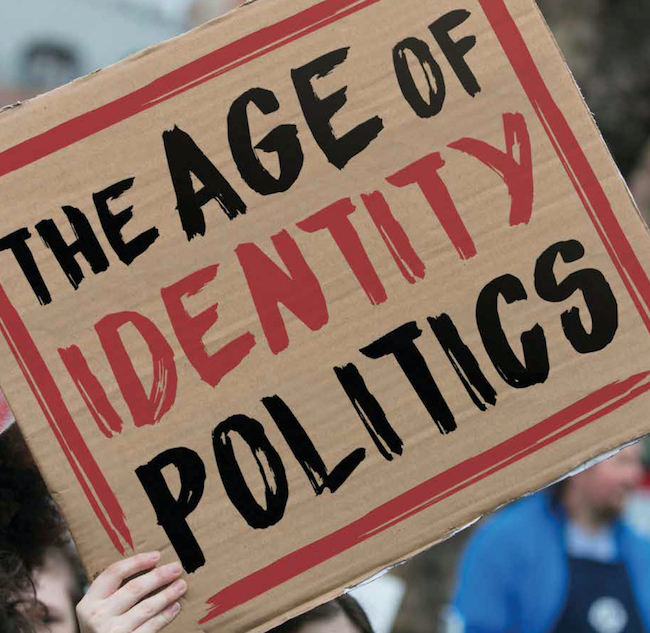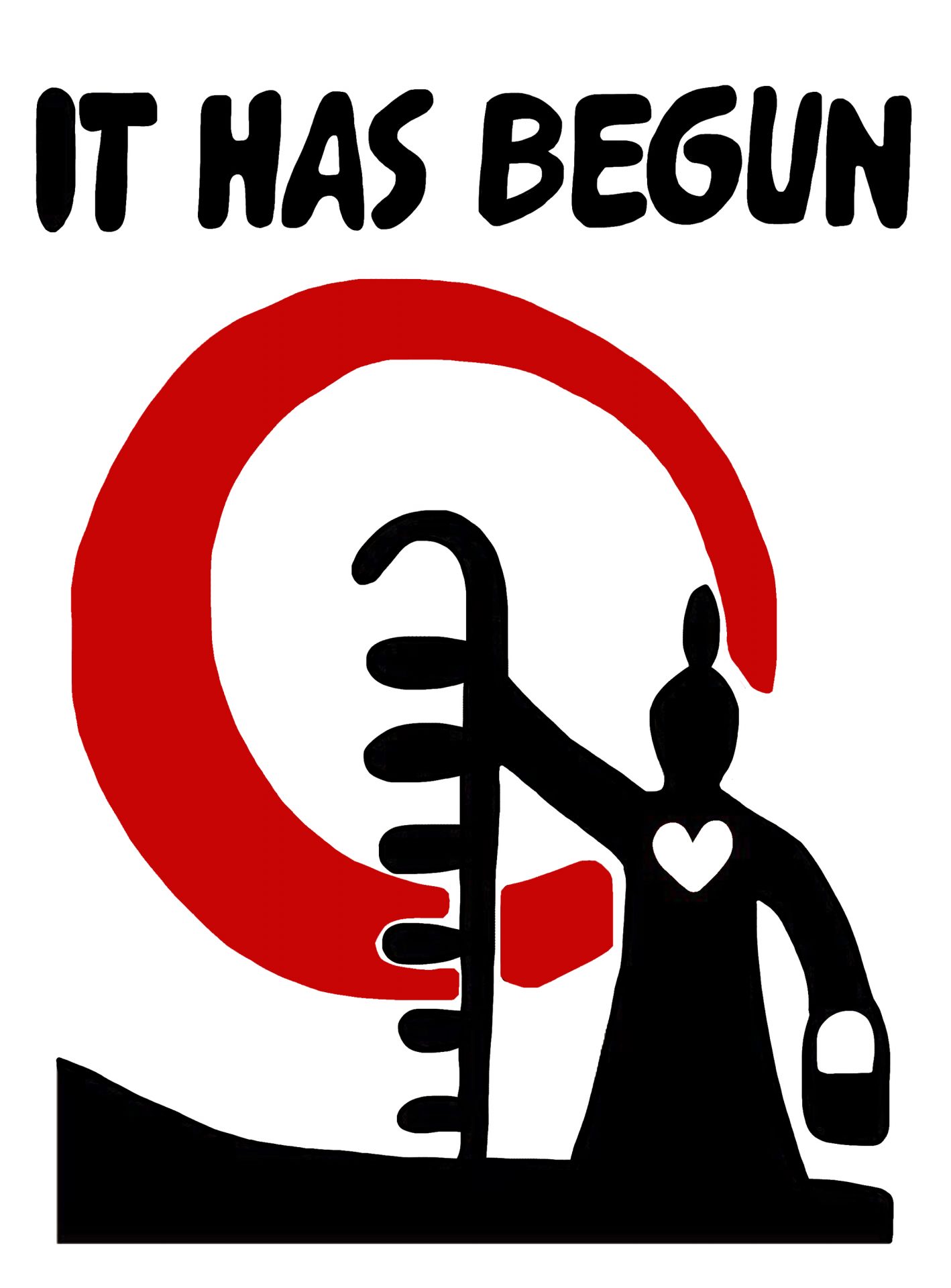
NZ GOVERNMENT THREE PARTY COALITION AND THE TREATY PRINCIPLES BILL
I am probably walking on broken glass here with this shared post however never mind I am well used to it now, and I do have my big girl nickers on, so I’ll fire away and wait for the reasponses.
My Research has led me to seeking out information in the October 2019 published documentation of guidance for Policy Makers, Ministers when considering the Treaty Of Waitangi. The Treaty Of Waitangi is one of the major sources of NZ’s Constitution) Te Tiriti o Waitangi is most relevant in New Zealand’s Constitutional Arrangements, therefore the misinterpretations, reinterpretations affect all people of New Zealand.
The Māori version of Te Tiriti o Waitangi was re-translated by Sir Hugh Kawharu, which was also a Treaty Claimant. The original Māori Version of Te Tiriti o Waitangi has deliberately been corrupted by the Judicial, Legislation and the Waitangi Tribunal. The Waitangi Tribunal has over-reaching powers to re=interpret the Treaty as they so wish and have done so, the same applies to politicians who have re-interpreted the Treaty for decision making as to policies due to the flawed corrupted guidelines in the PM- Cabinets documented guidance.
These guidelines are circulated to *All Chief Executives *All Senior Private Secretaries *All Private Secretaries *All Officials Involved In Policy Development. Below I refer to CO (19)5: Te Tiriti o Waitangi/Treaty of Waitangi Guidance circulated by the Cabinet Office to All Ministers the Issue date was 22nd October 2019. Other major sources include the Constitution Act 1986, the prerogative powers of the Queen, the State Sector Act 1988, the Electoral Act 1993, the Senior Courts Act 2016, the NZ Bill Of Rights 1990 and other relevant New Zealand, English and UK Statutes, relevant decisions of the courts and the conventions of the constitution, Treaty of Waitangi Act 1975 and also Sir Hugh Kawharu’s translation of the Te Tiriti o Waitangi (Cabinet Manuel. P2)
Firstly I must add that the original version of Te Tiriti o Waitangi did not create ‘Partnership’ nor ‘Principles’ this was enacted by Statute/legislation and interpretations through the Judicial under the Labour Government in the 1980’s. When the Waitangi Tribunal was established this caused further problems as they have over time been given over-reaching powers, authority to re-interpret the Te Tiriti o Waitangi as they so wish.
Without question or further adieu the Prime Minster’s Cabinet have adopted a biased guidance for ministers to follow by way of using several interpretation that are not clearly compliant or even remotely recognizable to the original Māori version of Te Tiriti o Waitangi NZs Founding Document. (Circulated-22/10/2019). The Prime Minister-Cabinet Guidance includes the re-interpretation of what Sir Hugh Kawharu believed to be true that the Chiefs thought in 1840.
There are limits in polity on major decision making. References are made to special rights and interests of Maori and Maori autonomous Institutions having an authority, role to play within the wider constitutional and political system. Refers to two parties negotiating on decision making processes, this eludes to one of a partnership. Also the Treaty creates a basis for protecting and acknowledge Māori Rights and Interests within a shared citizenry. Surely we must now at this given time have one rule, one law for all. I am personally concerned about the ‘them and us’ situation which eludes to a 2 class citizenship in New Zealand.
What do I believe is justifiable as far as the ‘Principles’ of the original version of Te Tiriti o Waitangi? My response if that no wording of ‘Principles’ were created in the Te Tiri o Waitangi, this was created by legislation. As for ‘Partnership’, there was no ‘Partnership’ created in the Tiriti o Waitangi. Let us go back to Sir Apirana Ngata, a scholar and a member of Parliament, he was a strong advocate of Maori interests within a unified nation of New Zealand. He described the following “The Chiefs placed in the hands of the Queen of England the ‘Sovereign’ authority to make laws. (Art1) The Treaty transfers all ‘Chiefly’ authority to the Queen forever, and the embodiment of that ‘Authority’ is now the New Zealand Parliament. For that reason, all demands for absolute Maori authorities are nothing more than wishful thinking”.
In 1940 at the Centennial of the Treaty Of Waitangi he said “Let me acknowledge first that, in the whole world I doubt whether any native race has been so well treated by a European people as the Māori”. Hence from Sir Apirana Ngata’s own words its evidential that legal fiction have evolved deliberately so, because Apirana Ngata’s words clearly shows there is no ‘Partnership’ between the Crown (Govt)
The tail has certainly been wagging the dog, the Waitangi Tribunal should have no political standing, authority over legislation/ regulation or statutes of the law in New Zealand. I believe its highly questionable that the Judicial (Courts) have recognized ‘tikanga’ as part of a Māori Common Law. I am to understand that ‘Tikanga’ Maori means the right way of doing thing in Te Ao Maori. Whatever Māori see as just and correct in their Māori World view that ‘tikanga’. Lawcom.govt.nz defined Tikanga Maori as including all values, standards, principles or norms that Māori subscribe to, to determine appropriate behaviour. Lawcom also state that ‘tikanga’ Māori maybe a source of enforceable rights and interests for Māori.
Lawcom.govt.nz also states that up to 1840 references to Maori Law are ‘tapu’ (sacred prohibition) – ‘rahui’ (a form of tapu restricting access to certain food sources) – ‘utu’ (repayment for anothers actions, whether hostile or friendly and also ‘muru’ (a form of utu, usually a ruitual seizure of personal property as redress, compensation for an offence).
‘Tikanga is expressly recognized in various ways in ACTS of Parliament, therefore this surely means we do have a two class citizenship in New Zealand. I am concerned about the Veto Rights that Iwi/Maori have over others, and where the Waitangi Tribunal sits within this political scope? Here I reference the Waitangi Tribunal in ‘Te Puni Koriki Booklet’ Titled ‘The Principles of the Treaty of Waitangi Expressed By The Courts and Waitangi Tribunal’
Interesting that ‘Te Puni Kokiri is the governments principal policy advisor on Maori development, Te Puni Koriki is a government department. Described by the government themselves as ‘The Crown-Maori Economic Growth Partnership’ also noted on the Government Website ‘Te Puni Koriki’s Partnership between the Crown (Govt) and Maori is a key principle in the Treaty.
Again I confirm that the original Maori version of Te Tiriti o Waitangi never created a Partnership between the Crown- the Govt and Maori.
Sir Hugh Kawharu’s re-interpretations of Te Tiriti o Waitangi are very biased in favour of the over-reaching Waitangi Tribunals authority his re-interpretated beliefs means that every claimant could seek redress (compensation) just for not being able to carry out their chieftainship. Sir Hugh Kauwharu re-interpreted the Treaty in such a way that it could give Iwi/Maori Sovereign Rights, Veto Rights over other, a two class citizenship, veto over the legislature of Parliament.
David Seymour, Winston Peters I urge you to seek open public debate on this extremely important issue that affects all New Zealand Citizens. I pray that Christopher Luxon will walk with you both on broken glass, after a while you get use to it.
The original Maori version of Te Tiriti o Waitangi is well overdue for open discussion and debate. Te Tiriti o Waitangi is New Zealand’s Founding Document that’s very important to NZ’s Constitutional Arrangement.
-
-
Tuesday - February 13, 2024 - Te Tiriti o Waitangi
(5)





Leave a Comment